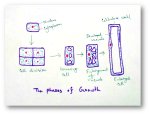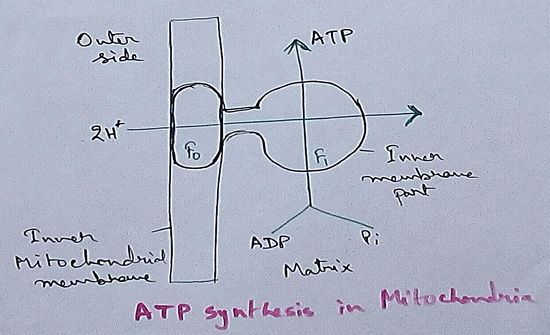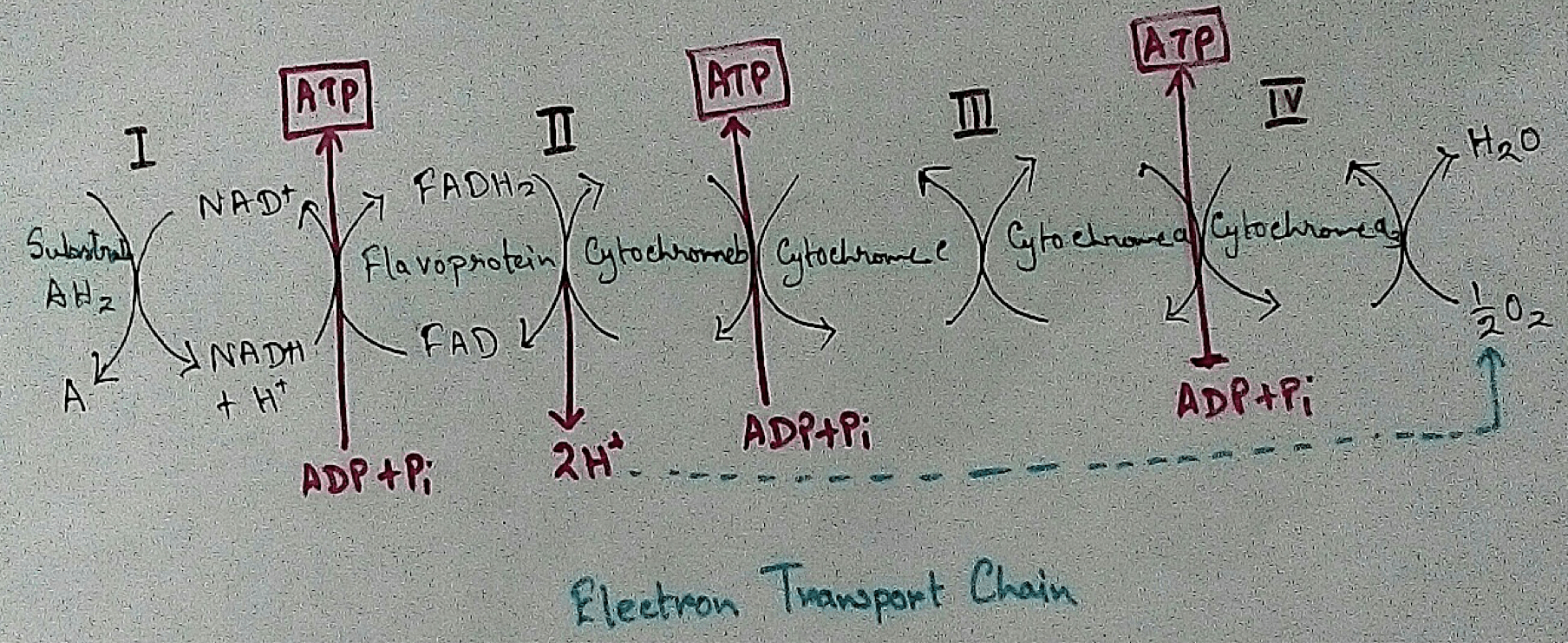Ways of Forming the Feminine of Nouns
We will learn here the different ways of forming the feminine of nouns. There are numerous ways of changing gender. Remember that gender change is possible only between two forms. These are masculine and feminine.
The rules are-
We can change gender by using an entirely different word; as, boy - girl
By adding syllables; as, God-goddess (here ‘ess’ is a syllable).
By joining a word after or before; as, grandfather - grandmother
Sometimes it is to be seen that feminine words are made through joining ‘a’, ‘ine’, ‘ix’; as, Hero-heroine.
There are three ways of forming the Feminine of Nouns:
A. By a change of words
|
Masculine Father Brother Man Boy Bachelor Nephew Husband Male Lord King Boar Buck Bullock Monk (or friar) Cock Son Sir Dog Ox (or bull) Fox Drake Stag Wizard Horse Gander Papa Uncle Gentleman Colt Drone Earl Hart Ram Swain |
Feminine mother sister Woman Girl maid (or spinster) niece wife female lady queen sow doe heifer nun hen daughter madam bitch cow vixen duck hind witch mare goose Mamma aunt lady filly bee countess roe ewe nymph |
B. By adding ‘ess’ to the Masculine
(i) The following Feminines are formed by simply adding –ess to the Masculine
|
Masculine Poet Heir Jew Prince Shepherd Priest Giant Steward Patron Prophet count Mayor |
Masculine - feminine poetess heiress jewess princess shepherdess priestess giantess stewardess patroness prophetess countess mayoress |
(ii) The following Feminines are formed by adding –ess to the Masculine, after omitting the vowel of the last syllable to the Masculine:
|
Masculine Tiger Actor Hunter Inspector Emperor Governor Founder Prince Waiter Benefactor Instructor Enchanter |
Feminine tigress actress huntress inspectress empress governess foundress princess waitress benefactress instructress enchantress |
(iii) By adding –ess to the Masculine in a less regular way:
|
Masculine Abbot Lad Master Duke God Marquis |
Feminine abbess lass miss duchess goddess marchioness |
C. By using a word after or before
|
Masculine Boy-friend He-goat Bull-calf Son-in-law Father-in-law Brother-in-law Grandfather Great-uncle Step-brother Man-servant Milkman Peacock Landlord Washerman |
Feminine girl-friend she-goat cow-calf daughter-in-law mother-in-law sister-in-law grandmother Great-aunt step-sister maid-servant milkmaid peahen landlady washerwoman |
Sometimes feminine nouns are made by adding -ine, -trix, -a, etc.
|
Masculine Hero Sultan Czar Signor Administrator Executor Prosecuter Testator Widower Bridegroom |
Feminine heroine sultana czarina signora administratrix executrix prosecutrix testatrix widow bride |
Special note-
Objects which have no life are often personalized and they are considered as masculine or feminine.
The things which are beauteous and graceful are considered as feminine noun; such as, Moon, river, Nature. For example, a ship is always regarded as a feminine noun.
For example: (Here these bold words are used directly as the opposite of the masculine nouns. These are examples of feminine nouns.)
My mother is a great cook.
I have no sister.
Funi is a girl.
I have a niece.
There is no fee for females in central government employment.
Anima madam is a very gentle lady.
A lady should be honoured.
Jane Austen was an authoress.
Ravan was a son of a giantess
I am the heiress of my family.
Nobody can break a lioness’ heart.
My younger aunt is a good hostess.
For example: (In these examples the bold words are the feminine nouns by placing a word after or before.)
Always love an honest girl-friend.
There are so many peahens in the zoo.
I lost my grandmother.
There was a milk-.woman in my aunt’s house.
Anima Mukherjee will be a landlady.
For example: In these bold words the feminine nouns are made by joining suffixes with the masculine nouns.
Sridevi was a heroine.
Miss Joseph will be an administratrix of civil service.
Rajia was a sultana of sultan dynasty.
English Grammar and Composition
From Ways of Forming the Feminine of Nouns to HOME PAGE
Recent Articles
-
Explain about Growth in Plants |Definition of Growth & Differentiation
Feb 27, 25 02:07 PM
Growth is a permanent increase in length or volume of an organism that brought upon by an increase in its dimensions due to synthesis of new protoplasmic material. -
Definition of Respiratory Quotient | calculation | Application | Plant
Dec 02, 24 12:09 AM
Definition of respiration quotient- the ratio of the carbon-dioxide evolved to that of the oxygen consumed by a cell, tissue, plants or animals in a given time is called respiratory quotient. It is us… -
Amphibolic Pathway | Definition | Examples | Pentose Phosphate Pathway
Jun 06, 24 10:40 AM
Definition of amphibolic pathway- Amphibolic pathway is a biochemical pathway where anabolism and catabolism are both combined together. Examples of amphibolic pathway- there are different biochemical… -
Respiratory Balance Sheet | TCA Cycle | ATP Consumption Process
Feb 18, 24 01:56 PM
The major component that produced during the photosynthesis is Glucose which is further metabolised by the different metabolic pathways like glycolysis, Krebs cycle, TCA cycle and produces energy whic… -
Electron Transport System and Oxidative Phosphorylation | ETC |Diagram
Feb 04, 24 01:57 PM
It is also called ETC. Electron transfer means the process where one electron relocates from one atom to the other atom. Definition of electron transport chain - The biological process where a chains…




New! Comments
Have your say about what you just read! Leave me a comment in the box below.